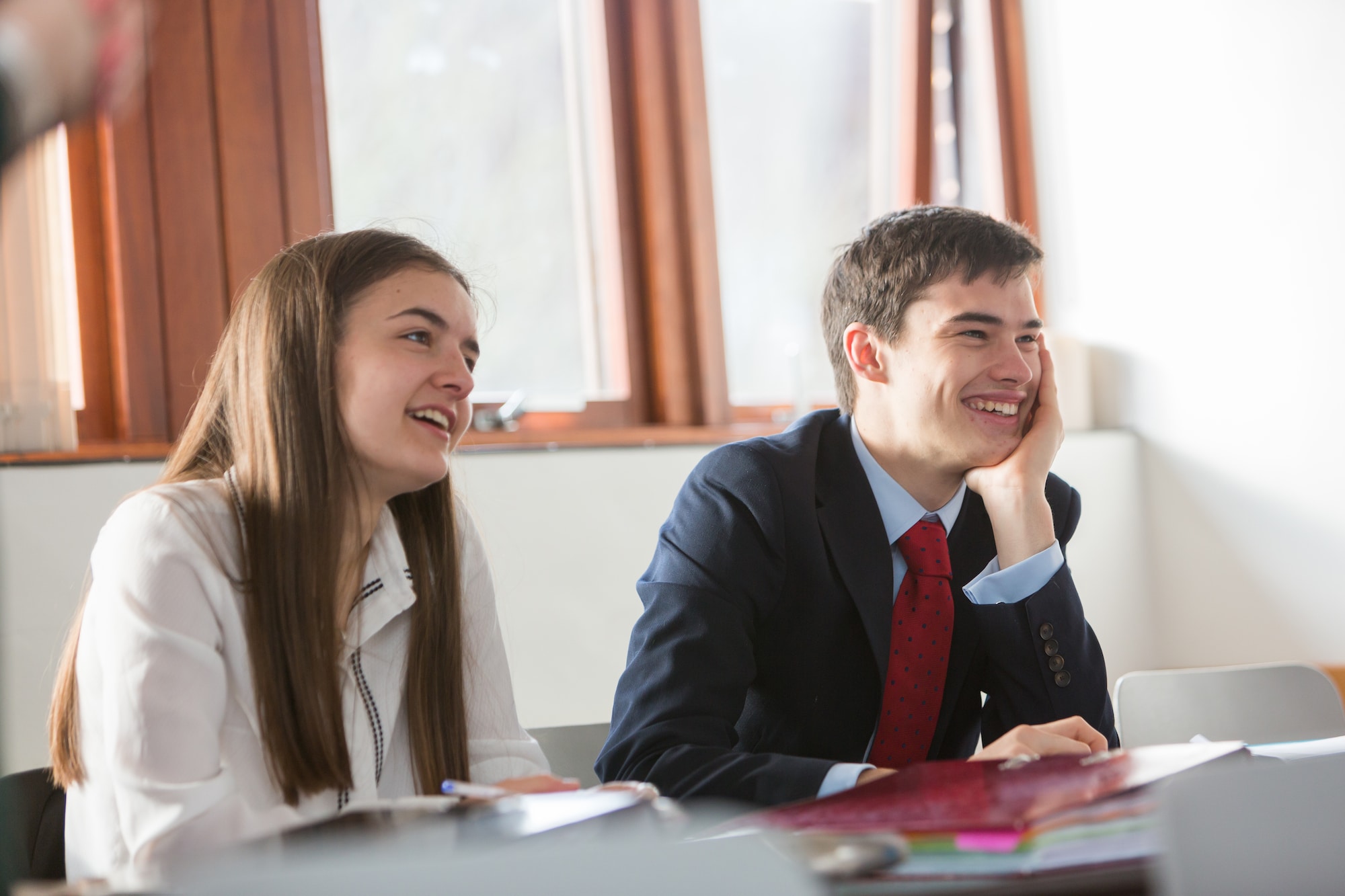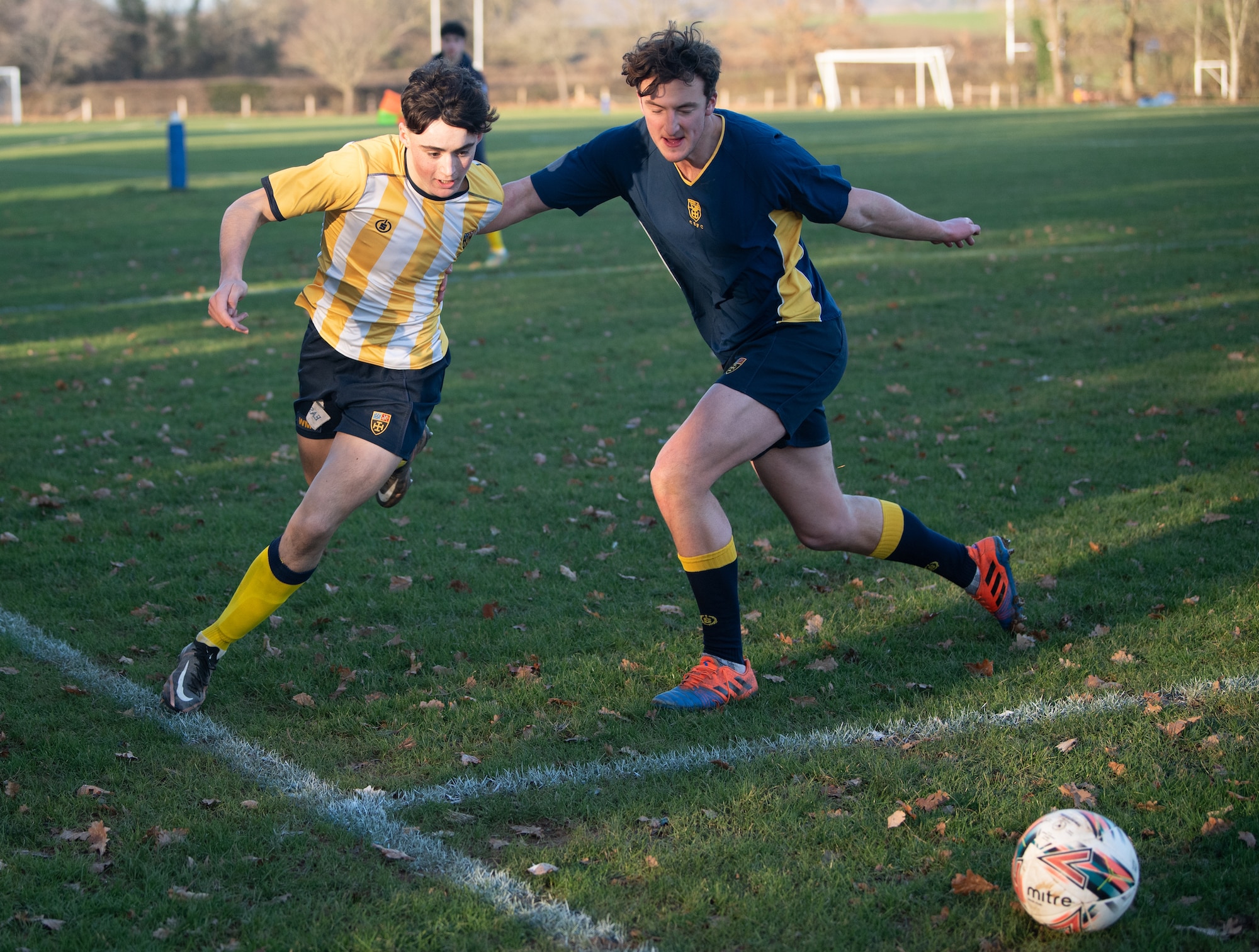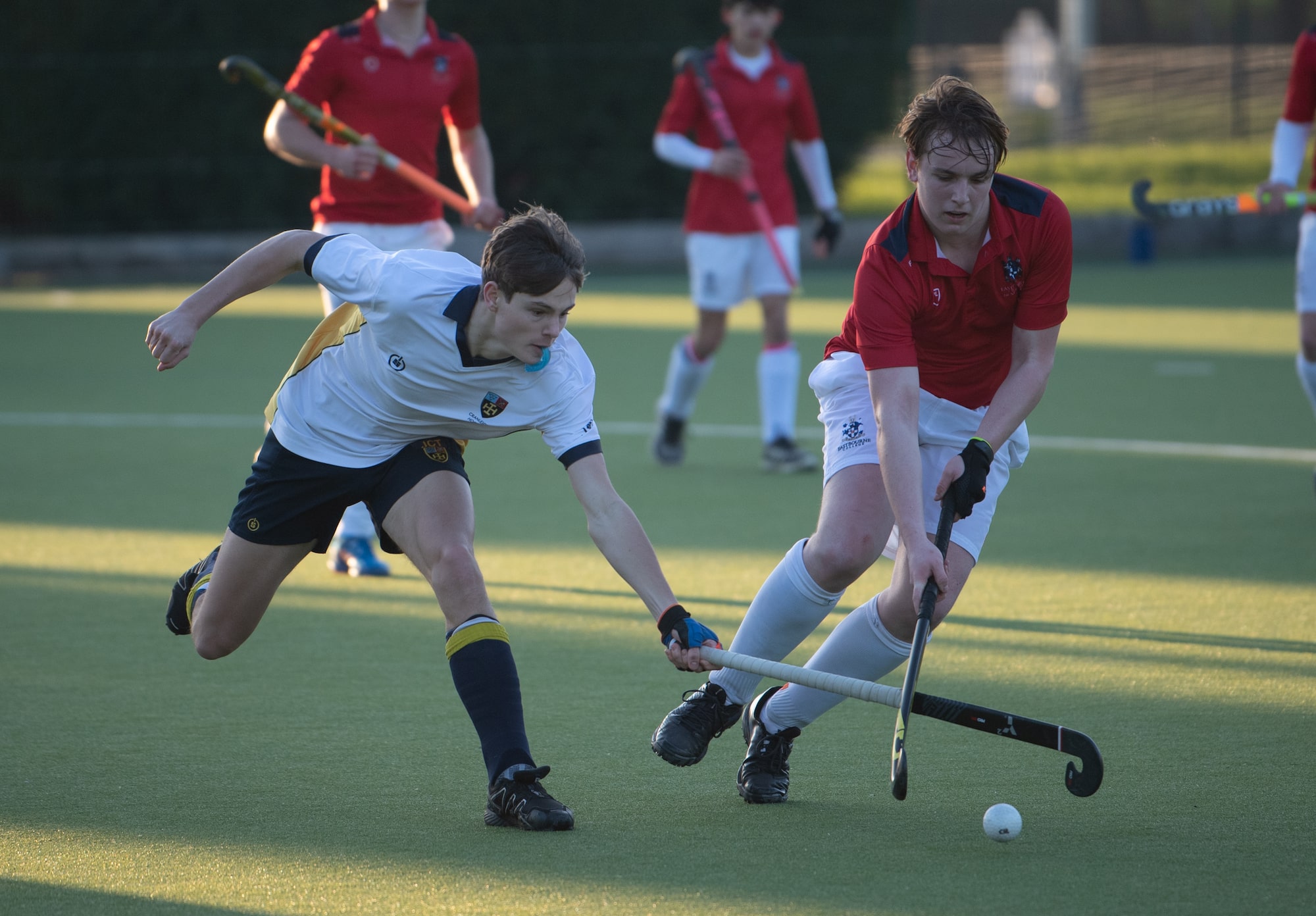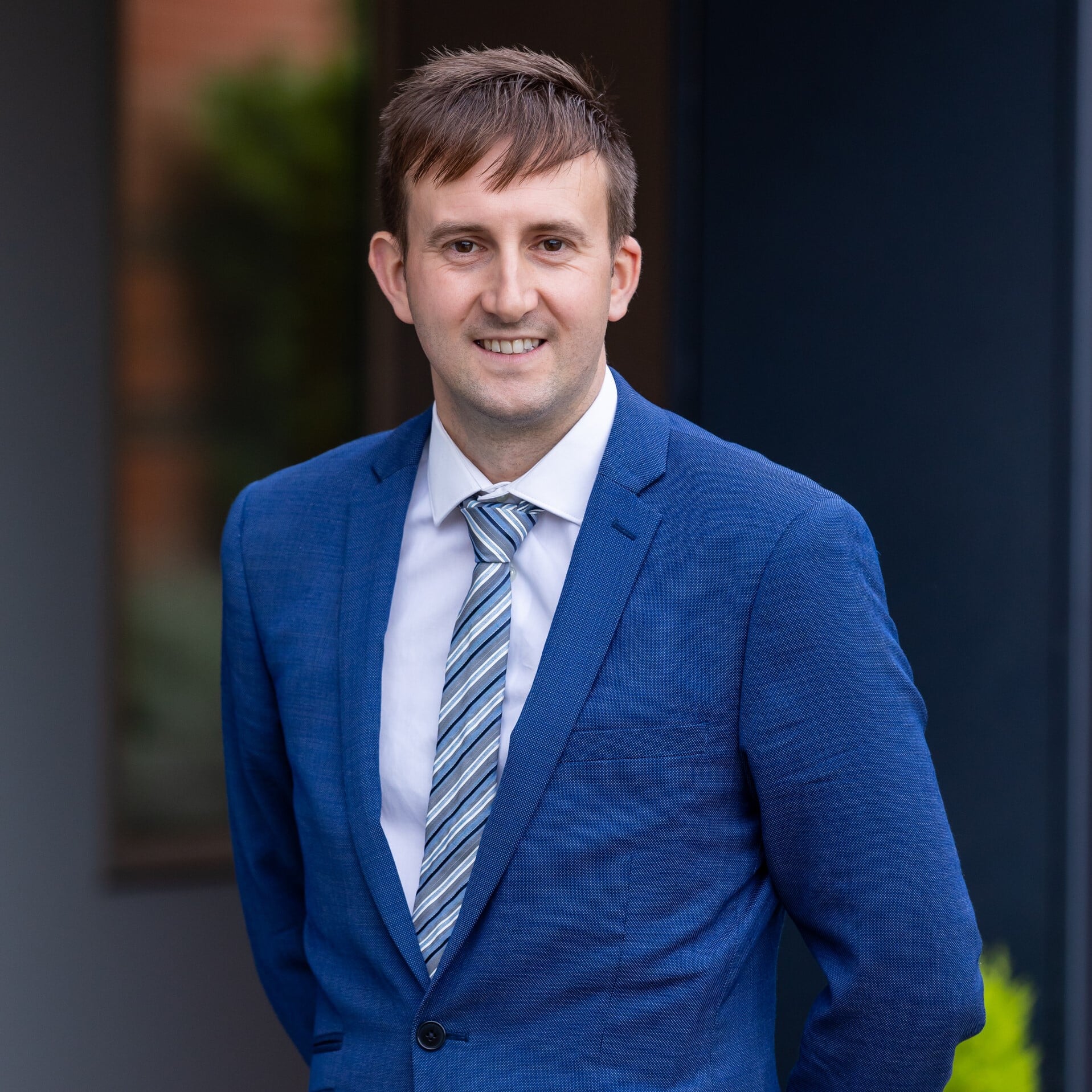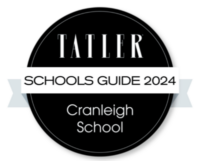This course is well suited to pupils who not only play sport to school level or above, but also have an interest in the wider aspects of sport and physical activity. We follow the OCR Physical Education course which has a 70/30 split between theory and practical. The theory side of the course is split into three components:
Component 1: Physiological Factors Affecting Performance
This group of topics focuses on key systems of the human body involved in movement and physical activity. You will develop their knowledge and understanding of the changes within these body systems prior to exercise, during exercise of differing intensities, and during recovery. Application of this theoretical knowledge will enable you to understand how changes in physiological states can influence performance in physical activities and sport. You will be expected to be able to interpret data and graphs relating to changes in these body systems during exercise of differing intensities and during recovery. The assessment for this component is in the form of a two-hour written examination at the end of the Upper Sixth year.
Component 2: Psychological Factors Affecting Performance
This component focuses on the psychological factors affecting physical activities and sports, including: models and theories that affect learning and performance in physical activities; how different methods of training and feedback work and why their effectiveness differs from person to person; group dynamics and the effects of leadership and stress on performers. Through the study of this component you will gain a deeper understanding of the underlying psychological factors that influence our performance in physical activity and sport. You will learn how to apply the theories to practical examples, giving guidance and feedback in constructive ways that are suited to that individual’s personality; therefore assisting in developing practical performance in physical activities and sports. The assessment for this component is in the form of a one-hour written examination at the end of the Upper Sixth year.
Component 3: Socio-cultural and Contemporary Issues
This component focuses on the sociological and contemporary factors that influence and affect physical activity and sport. Pupils will learn to consider the impact of this from the perspective of a spectator, performer and its implications on society. It includes the emergence and evolution of modern sport and how social and cultural factors shaped the characteristics of sports and pastimes in pre-industrial and post-industrial Britain. The impact of the modern Olympic Games will be studied as well as the impact on society of hosting global sporting events. The ever-evolving modern technology and its influence on sport performers and spectators will be researched and practical examples will be used by candidates to show the effect of modern technology. The assessment for this component is in the form of a one-hour written examination at the end of the Upper Sixth year.
The Non Examination Assessment (NEA) side of the course (which makes up 30% of the final mark) involves performance or coaching of one sport or activity alongside Evaluation and Analysis of Performance for Improvement (EAPI) of a sport. For the EAPI candidates give a verbal response to a performance of a peer which should identify and justify the major area of weakness within the performance to prioritise for improvement and propose a long term (2-3 months) development plan to improve the area of performance identified.
As you can see the content of the A level course is wide ranging and interesting. The time spent in the classroom is greater than the GCSE course, due to the depth of theoretical knowledge required. The practical aspect of the course is done through the pupils’ sports sessions which they take part in all year round and a member of the PE department supports them with their assessment. A number of our students have gone on to follow courses in Sports Science, Sports Coaching or Leisure Management at university.
